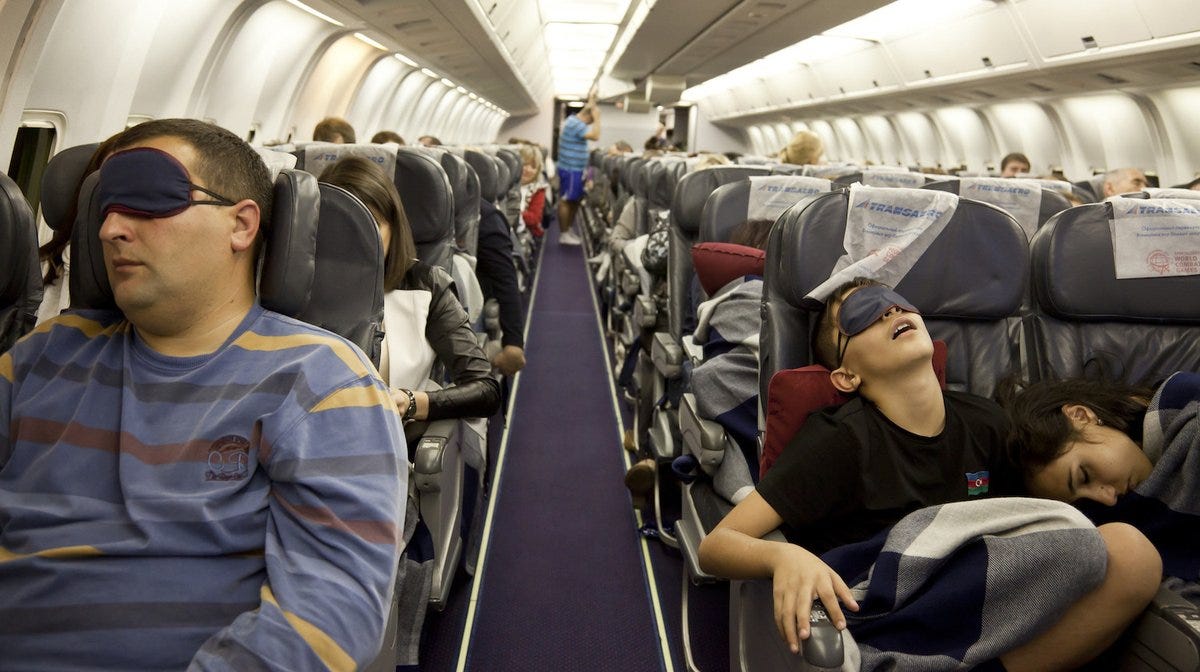Flying in the Age of Covid-19: US to Taiwan
Out of the fire, into the frying pan

By: Gregory McCann
For anybody intending an airplane voyage from the United States to Asia, it used to be an ordeal, a 15-hour one-bounce nuisance sandwiched back in cattle class with 300-odd fellow sufferers. But all that changed with the onset of Covid-19, which now has affected 10.7 million people worldwide and taken a half-million lives.
The effect o…
Keep reading with a 7-day free trial
Subscribe to Asia Sentinel to keep reading this post and get 7 days of free access to the full post archives.
